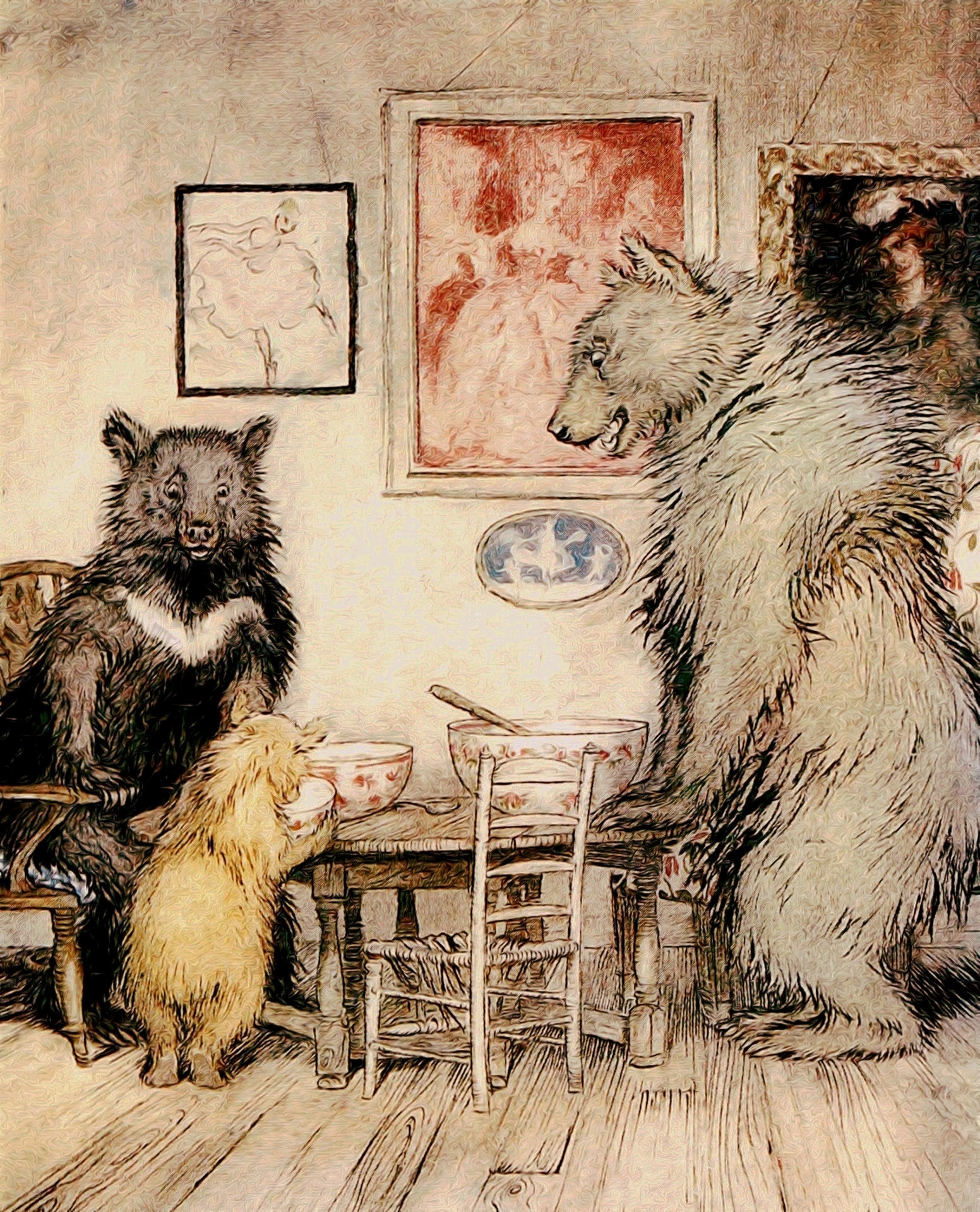
I was asked a great question about Ephesians 4:16 and after looking into it a bit more, I am convinced that the rendering from Papyrus 46 is the correct one. But let me explain.
Ephesians 4:16 (ASV) from whom all the body fitly framed and knit together through that which every joint supplieth, according to the working in due measure of each several part, maketh the increase of the body unto the building up of itself in love.
Ephesians 4:16 (RcV) Out from whom all the Body, being joined together and being knit together through every joint of the rich supply and through the operation in the measure of each one part, causes the growth of the Body unto the building up of itself in love.
Nearly every English translation of the New Testament follows the American Standard Version (ASV) for Ephesians 4:16, the phrase in questions being "according to the working." Only the Recovery Version (RcV) is different, translating this phrase "and through the operation." This is because virtually every Greek manuscript of Ephesians has in it's text "kat' energian" which is correctly translated "according to [the] operation." Only one manuscript (albeit an incredibly old one, ca. AD 175), Papyrus 46, has a different rendering, "kai energias." The Recovery Version chose to follow the minor variation in Papyrus 46, rather than the rest of the bulk of New Testament manuscripts. But after looking into the matter further, I am convinced that both from a textual critical standpoint and from a proper view of the divine revelation, Papyrus 46, and hence, the Recovery Version's rendering of this phrase is the correct one.
First, it isn't hard to conceive that the iota at the end of the word "kai" (and) was accidentally crossed and the following word was later corrected to match it ("energias" would have to be changed to "energian" to be grammatically correct). Further support for "kai energias" comes from the fact that only Paul uses this word (energia) and in every case that it follows "kata" (according to), it is preceded by a definite article (2 Thes. 2:9 is slightly different, but I won't get into that here). In Ephesians 4:16, there is definitely no article and therefore it would be an anomaly in Paul's style if he were to have left it out here.
But from the side of the divine revelation, it makes even more sense that this phrase should be "and through the operation," not "according to the operation." A simple comment on another passage in Zerwick's A Grammatical Analysis of the Greek New Testament helps with this. Philippians 1:19 speaks of "your petition and [the] bountiful supply of the Spirit of Jesus Christ." Only one article is used for both "petition" and "bountiful supply" (before petition) and Zerwick comments "the one art. perh. showing the close relation in which the two stand in Paul's mind." So, apply the same idea to Ephesians 4:16. Instead of having members (joints) of the Body supplying it "according to" the operation of each one part in a way that implies distinction and even separation between the joints and each one part; we have the joints and each one part working together in an intimate relationship to cause the growth and building up of the Body of Christ. Both are necessary, and their respective functions can't be separated.
Textual criticism is a proper and necessary way to determine the accurate rendering of the Greek text of the New Testament. However, sometimes asking about the spiritual significance of possibly different readings can provide direction as well. Ephesians 4:16 stands as an example of this, and I am happy to primarily read a version of the Bible (the RcV) that considers both the manuscript base and the divine revelation when translating.
To close, a quote from the introduction to the Recovery Version of the Bible. "Translating the Bible depends not only on an adequate comprehension of the original language but also on a proper understanding of the divine revelation in the holy Word."
Papyrus 46 - Eph. 4:15-16 (from University of Michigan Papyrus Collection)









